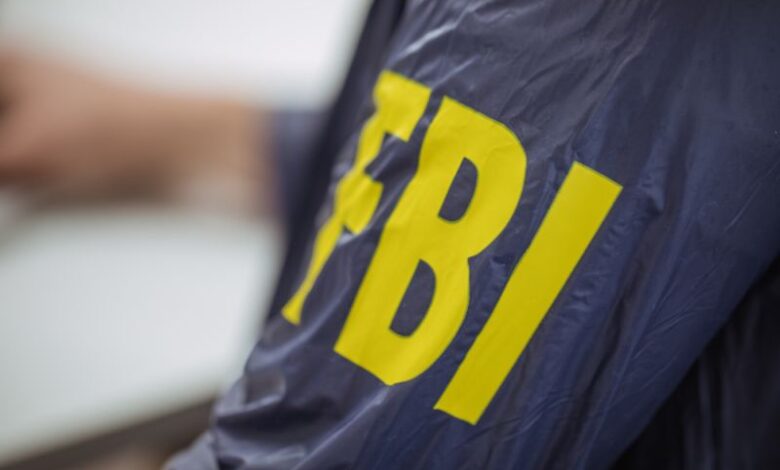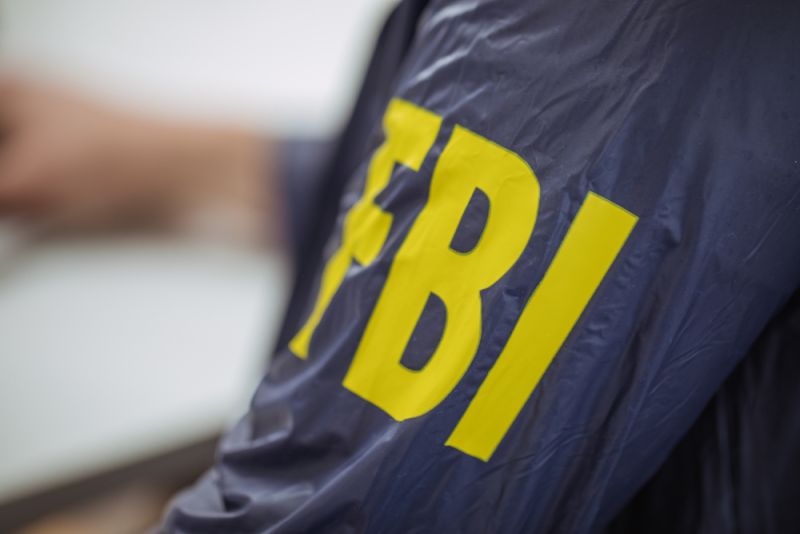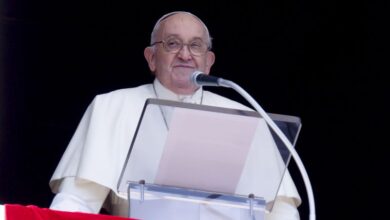Lawmakers grill FBI chief on anti-Catholic memo

 null / Credit: Dzelat/Shutterstock
null / Credit: Dzelat/Shutterstock Washington D.C., Jul 13, 2023 / 13:00 pm (CNA).
Republican lawmakers on the House Judiciary Committee on Wednesday pressed FBI director Chris Wray on a leaked memo from the bureau’s Richmond division that described an investigation into Catholic communities.
The internal memo, dated Jan. 23 and leaked to the press on Feb. 8, outlines a Richmond FBI’s investigation of “radical-traditionalist” Catholics. It claimed that violent extremists have “sought out and attended traditional Catholic houses of worship” and suggested “trip wire or source development” within churches that offer the Latin Mass and “radical-traditionalist” Catholic online communities.
“That’s pretty fancy language for ‘they’re trying to put informants in the parish, in the church,’” House Judiciary Chairman Jim Jordan, R-Ohio, told Wray during a nearly six-hour-long committee hearing Wednesday.
Wray acknowledged that he was “aghast” when the memo came to his attention and immediately “ordered it withdrawn and removed from FBI systems.” He noted that it was the production of one field office and not the FBI as a whole.
“We do not recruit, open, or operate confidential human sources to infiltrate, target, report on religious organizations,” Wray said. “That product did not, to as best as we can tell, result in any investigative action as a result of it.”
Jordan and other members of the committee asked Wray why he has not released the names of the FBI agents involved in crafting the memo and why the FBI has refused to provide an unredacted copy of it. Jordan said he and other members of the committee would like to speak with those involved.
Wray told the committee that the FBI is conducting an internal review of the memo, which will likely be completed later this summer. He said he would provide the committee with a briefing on the findings. He would not commit to providing the names of the agents involved in approving the memo or providing an unredacted copy but said he would look into possibly providing a document with fewer redactions.
“I will find out if there’s more of the document that can be shared with you,” Wray told Jordan. “We’ve tried to be very careful with what we redact and there’s always a basis for it, so let me go back and see if there’s more that we can provide. But I know my instructions are to be as sparing as possible in the redactions that we provide.”
“We will work collaboratively with the committee,” Wray said. “We obviously have rules that govern what we can share and we have to be mindful of those too, but in my experience, that’s what the long-standing accommodation process between the executive branch … and Congress … we absolutely will pursue that in good faith.”
When Rep. Ben Cline, R-Virginia, inquired whether anyone would be fired over the creation of this memo, Wray again said he would wait until the completion of the internal review before making a decision on that.
“I don’t want to predetermine or forecast where the review will go,” Wray said. “We’re going to look at everything from exactly how it happened and what went wrong and then if there are appropriate steps to be taken, we will take whatever the appropriate steps are.”
In response to questioning, he said he did not believe any agents had lost their security clearance because of the memo but that the review is still pending.
Rep. Jefferson Van Drew, R-New Jersey, had a tense exchange with Wray and suggested that Congress change the rules related to redactions if the FBI is unable to provide an un-redacted copy of the memo to the committee. He noted that it does not contain any information that would endanger public security or national security, so there is no reason the FBI should not provide an un-redacted copy.
“As a Roman Catholic myself … I was deeply, deeply disturbed by this memo, and it’s shameful it was only rescinded basically after it got leaked to the public,” Van Drew said. “That should scare each and every American.”
Van Drew asked Wray whether the FBI kept a list of Catholic churches or other places of worship for potential investigation.
“If your question is ‘do we have a list of churches that we are targeting,’ then the answer is no, we do not,” Wray said.
The memo sparked outrage from Catholics, including the United States Conference of Catholic Bishops, who called it “troubling and offensive” and a form of “religious profiling.”
Virginia Attorney General Jason Miyares and 19 other state attorneys general called for an investigation into the FBI over the memo.






